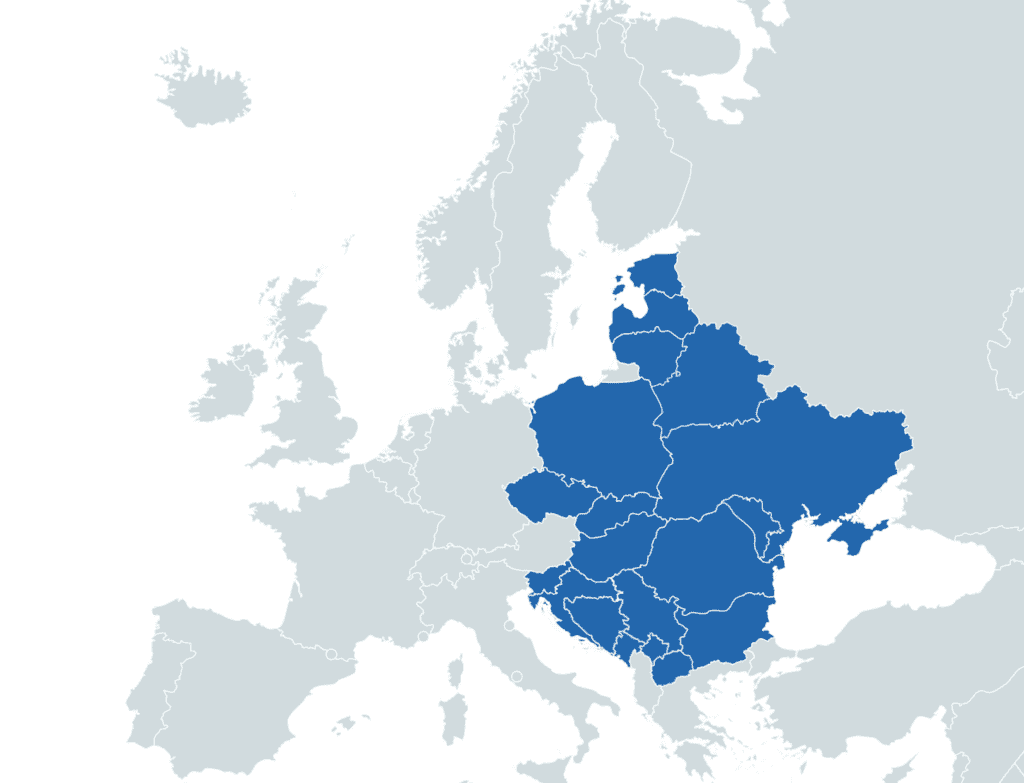We seek to provide insightful, in-depth, and well-researched analysis that contributes meaningfully to the understanding of key issues shaping the future of Europe, its public policies, economies, and societies.
Contribute to Blue Europe
Accepted Topics
We accept contributions that align with the themes and objectives of Blue Europe. We welcome original articles on a wide range of topics, including Economy and Trade, Industry and Business, Literature and Cultural Studies, Political Science and Governance, International Relations, Sociology, Law and Human Rights, Environmental Studies and Climate Policy, Innovation and Technology, Energy and Sustainability, Education and Research Collaboration, Migration and Demographic Studies, Public Policy and Administration, Regional Development and Urban Planning, Security Studies and Geopolitics. Each submission should have a focus – at least partially – on Central and Eastern Europe or the European Union as a whole, in alignment with Blue Europe’s mission and vision.
Given that the definition of Central and Eastern Europe is under debate, we have highlighted in the following map the key countries which we cover. The countries on which our think tank focuses include: Poland, Czech Republic, Slovakia, Hungary, Estonia, Latvia, Lithuania, Belarus, Ukraine, Moldova, Romania, Bulgaria, North Macedonia, Kosovo, Serbia, Montenegro, Bosnia and Herzegovina, Croatia, Slovenia.

Agenda 2024-2025
Specifically, for the 2024-2025 publication agenda, Blue Europe focuses on three main areas:
- Energy and Climate Change: A major focus is the energy transition in Europe, with a particular interest to exploring national and regional policies, renewable energy, sustainability initiatives, and the political and economic implications of the green transition.
- Economic and Trade Relations: Economic and trade relationships between European countries and with global partners. Particular areas of interest include the evolving trade dynamics between Western and Central Europe, the impact of European Union economic policies, and the future of trade with Asian countries.
- Digital Economy and Technology: Discussions around the digital transformation of Europe’s economies, as well as insights into the technology sector. Topics might include digital infrastructure, cybersecurity, technological innovation, and the economic and political consequences of the digital shift.
Excluded Topics
While we encourage a broad range of topics, there are certain subjects that fall outside the scope of Blue Europe’s editorial mission. These include:
- Partisan Political Propaganda: We do not publish content that overtly promotes political parties or serves as political propaganda. All contributions must be based on objective analysis and must refrain from undue bias or partisan promotion.
- Non-European Focus: Articles that are not primarily focused on European issues, or those that do not relate back to the European context, are outside of our scope. While we understand that Europe operates within a global context, all submissions must maintain a European lens.
- Opinion Pieces without Substantive Argumentation: While we welcome opinion articles, submissions must be supported by substantial research, evidence, or well-reasoned argumentation. We do not accept opinion pieces that lack depth or are based purely on personal views without analytical foundation.
Submission Guidelines
All submissions should be original, unpublished work, and they should adhere to our word count requirements, typically starting at 1200 words depending on the complexity of the topic. Please ensure all references are appropriately cited at the end.
At Blue Europe, we believe in fostering an open dialogue grounded in respect and intellectual rigor. We encourage diverse perspectives but expect all contributions to uphold a standard of professionalism and integrity. Blue Europe maintains a commitment to factual accuracy. We do not publish content that perpetuates false information, unverified claims, or conspiracy theories. The authors are however encouraged to share their own opinion – which should, however, be labelled as such.
We look forward to reading your contribution!
Send us your idea in the form of an abstract and a short presentation about yourself. Proposals will be evaluated on a rolling basis.
Contact us